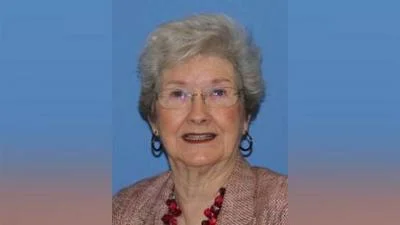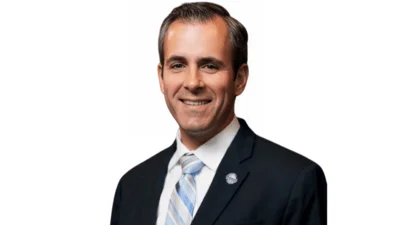Illinois State Senate District 26 issued the following announcement on April 30.
The Wall Street Journal has published a commentary by Senator Dan McConchie (R-Hawthorn Woods) that outlines the lack of legislative oversight of gubernatorial emergency proclamations both in Illinois as well as in many other states. He calls for changes to help restore the balance of power between the branches of government.
Limit Governors’ Emergency Powers
RESIDENTS AND BUSINESS OWNERS WANT LOCKDOWN RELIEF, BUT FEW LEGISLATURES HAVE ANY WAY TO INTERVENE.
By Dan McConchie
From the commentary:
As governors across the country destroy their states’ economies in the name of public health, there is shockingly little oversight of their actions.
In my state of Illinois, Gov. J.B. Pritzker has locked down the state, closing swaths of commerce and the movement of individual citizens in response to Covid-19. These actions have been challenged in court by my colleague, state Rep. Darren Bailey, and a judge initially agreed to a temporary restraining order on the governor’s emergency measure, but only as they apply to Rep. Bailey. The rest of the state remains under lockdown by governor’s orders, which continue without oversight.
Normally, the three coequal branches of government impose checks and balances to ensure accountability. Power is divided to allow recourse if one branch grows too intrusive or authoritarian. And while many people have sued governors in recent weeks to demand judicial redress, the judicial branch is reactive in nature, usually declining to disrupt legally plausible actions during a crisis. The legislative branch is a far better source of timely restraint.
Yet in 41 states there is little or no legislative input on gubernatorial state-of-emergency proclamations. Half of those legislatures lack the ability to block any exercise of a governor’s power when done in the name of an emergency. That leaves elected representatives unable to defend their constituents against executive overreach.
While virtually all governors have issued a state of emergency limiting commerce or freedom of movement, only two states, Georgia and Oklahoma, require any affirmative action of the legislature to approve the governor’s initial declaration. Seven others require legislative approval of subsequent extensions after an initial emergency declaration expires. Twenty-two have neither of these powers, though the legislature may nullify an emergency declaration once made.
That leaves 19 states, including Illinois, where an emergency declaration that closes private business, restricts commerce and limits the free movement of residents has no limits at all.
Original source can be found here.






 Alerts Sign-up
Alerts Sign-up